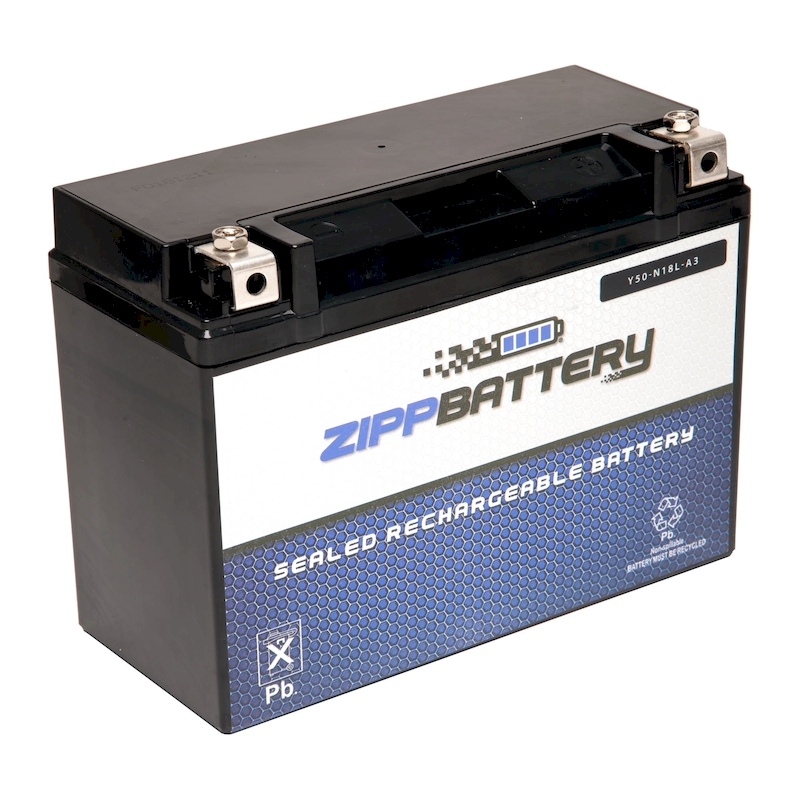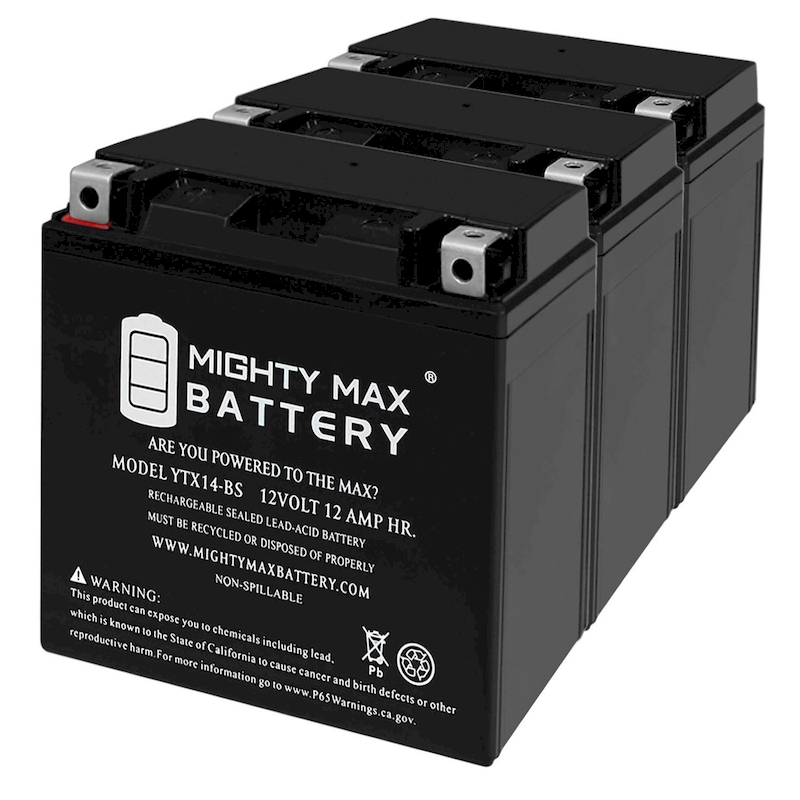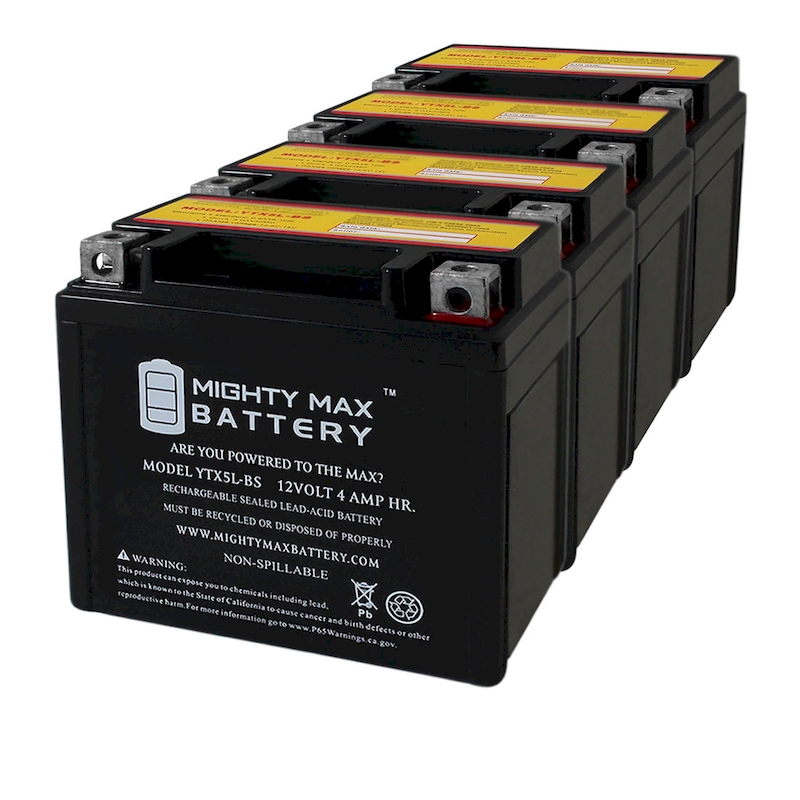When your car battery reaches the end of its lifespan, it can leave you wondering where to take old car batteries. This is a common dilemma for many drivers, typically because old car batteries can be hazardous if not disposed of properly. Lead and acid in batteries pose serious health risks to the environment and, more importantly, to people. Understanding how to handle and dispose of your old car battery is vital for keeping our planet safe and clean. Fortunately, there are several options available for disposal that not only help manage waste but also allow for recycling. In this article, we will explore the best locations to take old car batteries, the reasons why proper disposal is essential, and tips for making the process more accessible.

Understanding the Composition of Car Batteries
Car batteries are composed of various materials, primarily lead and sulfuric acid. The lead portions contain harmful components that can leach into the soil and groundwater if batteries are discarded improperly. Sulfuric acid, on the other hand, is corrosive and can cause spills that lead to environmental pollution. The knowledge of what makes up a car battery underlines the importance of knowing where to take old car batteries for disposal.
There are different types of car batteries, including lead-acid, absorbed glass mat (AGM), and lithium-ion batteries; however, lead-acid batteries are the most common in vehicles. Understanding these components highlights the risk that improper disposal poses, both to health and the environment. Awareness of these issues drives home the importance of recycling and responsible disposal, not just for your safety but for everyone.
Environmental Impact of Improper Battery Disposal
Improper disposal of old car batteries can have dire consequences for the environment. When batteries are sent to landfills, their materials can break down and leak into the surrounding soil and water systems. This can result in long-term contamination that affects local ecosystems and public health. Heavy metals, like lead, can accumulate in the water supply, posing risks to humans and wildlife alike.
Another significant issue arises from the fact that recycling old car batteries can prevent these hazardous materials from entering landfills. At recycling centers, battery components can be reclaimed and reused, significantly reducing the need for new materials and minimizing mining impacts on the environment. Learning where to take old car batteries for recycling not only helps mitigate pollution but also promotes sustainability by encouraging resource recovery.
Local Automotive Retailers and Repair Shops
One of the most convenient places to take old car batteries is your local automotive retailer or repair shop. Many of these businesses offer battery disposal services as part of their operations. They typically recycle used batteries, ensuring that their components are managed in an environmentally friendly way. Moreover, many retailers encourage the return of used batteries by offering small refunds or discounts when you purchase a new battery.
Before heading out, check with your local store to see if they have specific policies about battery returns. Most stores would gladly assist you in disposing of your old battery. It’s an excellent way to support local businesses while also making sure that your battery is being handled correctly.
Recycling Centers: The Best Option for Environmental Safety
Recycling centers are among the best places where to take old car batteries. These facilities specialize in processing various types of materials, including car batteries. They have the equipment and expertise to handle batteries safely, minimizing the risk of harmful leaks or spills. Many recycling centers focus on reclaiming lead, sulfuric acid, and plastics for reuse, ensuring that as much material as possible is processed and not wasted.
Finding a recycling center can be as simple as searching online or checking local directories. Many municipalities provide lists of certified recycling centers, and some may even have special designated days for hazardous waste disposal. The convenience of recycling centers makes them an excellent option for responsible battery disposal.

Hazardous Waste Collection Programs
Many communities have established hazardous waste collection programs that allow residents to drop off old car batteries and other toxic materials. These programs often happen on a set schedule throughout the year and provide an organized way to safely dispose of hazardous materials. They’re designed to prevent harmful waste from being improperly thrown away, which can create health and environmental concerns.
To find hazardous waste collection programs in your locality, consult your municipal website or contact waste management services. Be sure to check for any events that may be coming up or recurring opportunities. Engaging in these programs is not only a proactive way to address waste but also a chance to participate in community efforts to tackle environmental issues.
Online Options: Mail-in Recycling Programs
With the increasing trend of eco-friendliness, various companies now offer mail-in battery recycling services. These services allow you to package your old car batteries and send them directly to a recycling facility via postal service. While this option might be more suitable for smaller batteries, there are specialized services for larger car batteries as well. This is particularly useful for those without immediate access to local resources for battery disposal.
Be cautious while choosing an online service; check for certifications and ensure they follow environmentally safe practices. As the trend towards online shopping expands, this convenient method of recycling batteries could gain more traction among environmentally conscious consumers.
Community Initiatives: Participating in Local Drives
Many communities engage in initiatives to collect old car batteries and other electronic waste. These drives often occur during Earth Day celebrations or environmental awareness weeks. Participating in these local initiatives helps raise awareness about recycling and ensures that disposed batteries are handled correctly.
To get involved, check local community boards, social media pages, or city newsletters for announcements regarding upcoming drives. Not only can you dispose of your battery in an eco-friendly manner, but you can also educate others about the importance of responsible waste management.
The Financial Benefits of Recycling Old Car Batteries
While the environmental benefits of recycling old car batteries are significant, there are financial incentives as well. Many places will give you a nominal fee for returning your old car battery. This compensation can range from a few dollars to more, depending on local policies and the weight of the battery.
When you opt to recycle rather than throw your battery away, you’re not just protecting the environment; you’re also gaining something in return. Further, recycling centers often accept various types of batteries, increasing the potential financial return with combined recycling efforts.
Benefits of Educating Others About Battery Disposal
Sharing your knowledge of where to take old car batteries and the importance of proper disposal can significantly impact your community. By educating others, you contribute to a broader culture of environmental responsibility.
Community Workshops
Consider organizing a workshop or informational session focused on battery recycling and environmental health. Invite local residents to learn about the hazards associated with improper disposal and efficient methods for recycling.
Social Media Awareness
Utilize social media platforms to highlight local recycling events and informative resources related to battery disposal. Sharing your experience and knowledge could inspire others to follow suit and participate actively in responsible waste management.
Youth and School Programs
Engaging with local schools to introduce educational programs on recycling can foster understanding from an early age. Teaching students about battery disposal and environmental responsibility will help shape future generations aware of the hazards of improper waste disposal.

Conclusion
Being aware of where to take old car batteries is not just a matter of convenience; it’s a responsibility we all share in ensuring the health of our environment. The negative impact of improper disposal has far-reaching consequences, including soil contamination, water supply risks, and adverse effects on local wildlife. However, by taking the initiative to dispose of old car batteries correctly, you can contribute to a more sustainable community.
Various options exist, from local retailers and recycling centers to hazardous waste collection programs—ensuring that you have access to safe disposal methods. Additionally, legislative frameworks guide us towards responsible practices while manufacturers support the recycling initiative through take-back programs.
Educating others about battery disposal creates a ripple effect. Through community-driven efforts and proper engagement, we can lead the charge in promoting responsible environmental practices. Understand the significance of every action you take, and make your contribution count. With collective efforts, we can responsibly manage our automotive waste and preserve our planet for generations to come.

